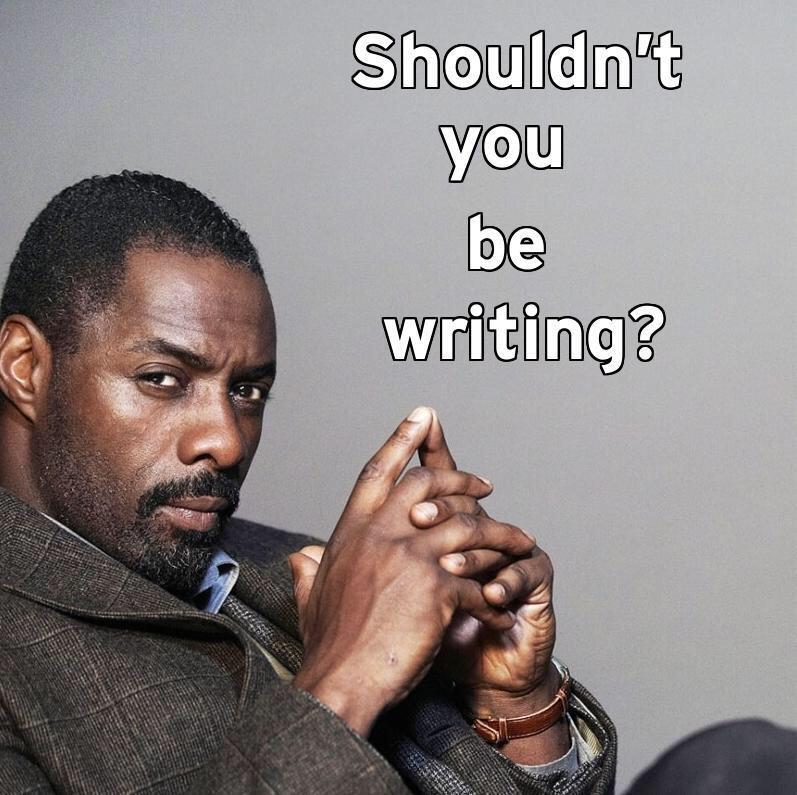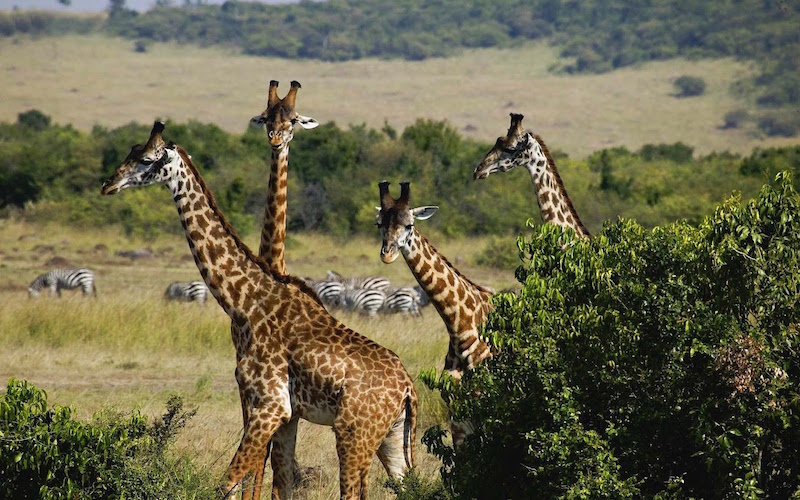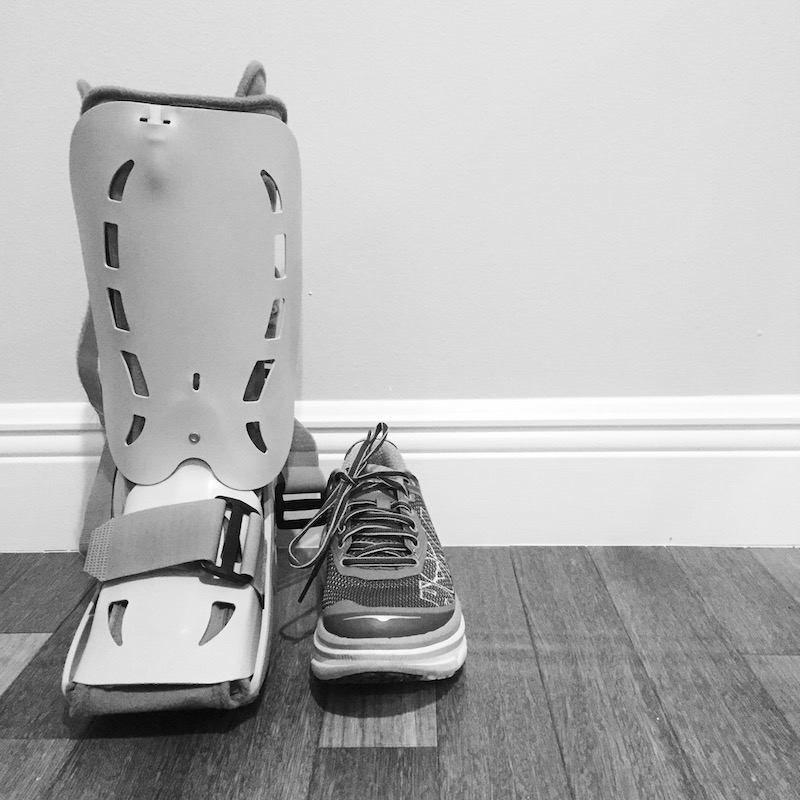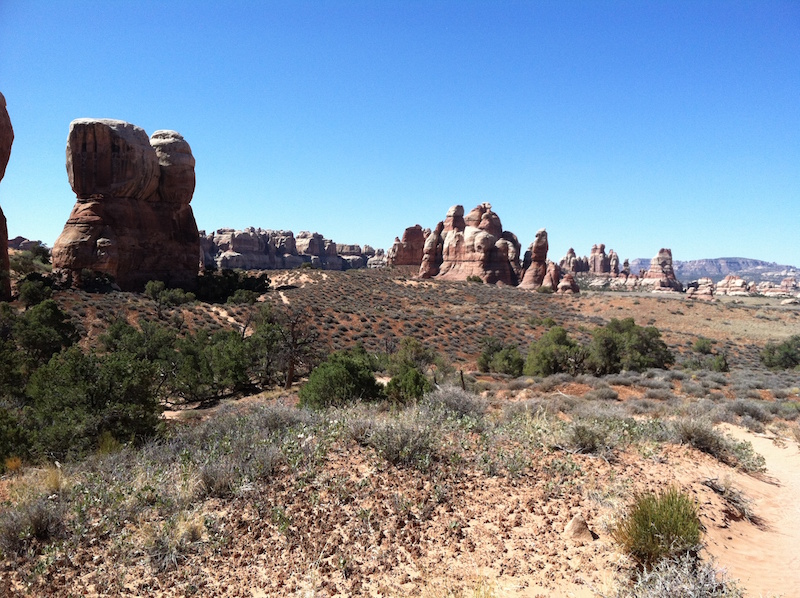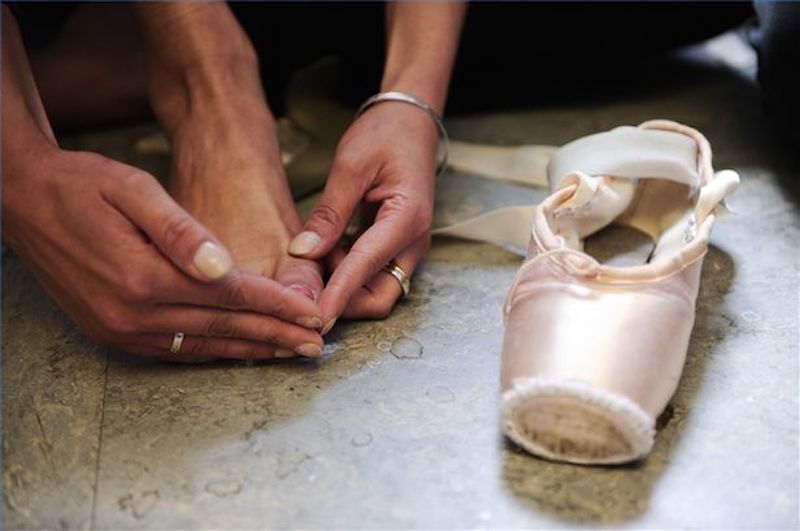
“I have never stopped considering not becoming a writer.” — Joshua Ferris
A woman I barely knew once asked me what I would be if I weren't a writer. The list was not a prepared one, but it flowed with that sort of ease. In fact, I had, and have, no trouble thinking of other things I’d could spend my time and emotional energy doing. The list ranges from the realistic (a dancer), to the unlikely (a CIA agent), to the completely ridiculous (a house cat).
Only after listing my career ambitions did I pause to consider that I probably should have an all-or-nothing relationship with writing and that my answer should have sounded something like, “Oh, I don’t know. I would waste away into emotional turmoil if I could bring the pen to the page every day.” I know for a fact that this simply is not true. There are days when I don’t write, and I survive to tell the tale.
I was a soccer fan once. I was living in Philadelphia at the time, which, it should go without saying, meant that I was a very passionate Eagles fan. Being a Philadelphia Eagles fan means that you own a jersey (or because the roster changes so frequently, a selection of Eagles-praising t-shirts). It means that you hate the Dallas Cowboys, tolerate the New York Giants, and don’t really care about any other team in the league. It means that you know the lyrics to “Fly, Eagles, Fly” or at least know when to join in for the spelling of the team name and the subsequent cheer. Sometimes, it also requires some familiarity with the defeat song to the same tune, “Cry Eagles Cry.”
I reveled in all of this: the regalia, the trash talk, the drama, the game. However, after the final loss of the 2013/2014 season and a rather spirited rendition of the defeat song, I came to a decision. “I am done with football!” I announced. “I’m switching to rugby, and I’ll be an All Blacks fan because they rarely lose.” As it turns out, though, rugby games are surprisingly difficult to find in a city dominated by football enthusiasts or without the added cable package, and since I was broke grad student, I decided on soccer instead which was an easier ship to climb aboard.
That summer, the World Cup was on, and my friend who had moved to Philly from Amsterdam dragged me a bar to watch the Netherlands vs. Spain game. I say “dragged” because, at this point, my passion for soccer was no longer fueled by the betrayal that comes with unsuccessful Eagles season. But something happened at that game. The team that had my support won, and by a ridiculous amount by soccer standards, and I got to cheer with, high five, and hug total strangers, and gloat at the end of the game. I suppose that was wanted from a sport. I wanted to write self-congratulating statuses, and work long-past victories into conversations about completely unrelated things.
Netherlands would go on to beat Australia, then Chile, and then meet up with Argentina for the semi-finals. My friend and I caught the bus to New York to watch it with like-minded fans.The bar was crowded, there was a cover charge, and the kitchen was closed even though the game was happening in the middle of the day.
“Exciting game, right?” a bearded man asked me during a commercial break. I smiled and made a sound that could pass for a yes. "We’ve waited four years for this,” he told me.
“What did you do in the meantime?” I asked shifting my weight from one foot to the other. My feet hurt and because it was New York there were more people than seats.
He told me how the teams come together for the World Cup, but between that some of them who were playing together that day were rivals during the regional season. “It’s more like the Olympics than your Super Bowl,” he said. And that was it. That little comparison, the vocally italicized use of “your,” the too-long line to both the bathroom and the bar, and a game that seemed to be the athletic equivalent of “The Song That Never Ends,” putting all of that together meant that I was done with soccer. It also meant that I would care less than the people around me when Argentina won the game during overtime.
“You just don’t understand,” the bearded man, now close to tears, told me. “You’re American.”
“I don’t understand?” I muttered angrily. “You feel this way once every four years. I’m Eagles fan. This,” I looked at the defeat all around me, “is what I do.”
I think I have a long list of things I would rather do with my time because I want the soccer equivalent of a career. I want something that is easy and glamorous. Plus, since any particular world cup team only exists once every four years, I don’t need to put that much time or effort into it. What I think that means, is that there is a part of me that wants the victory without the fight. I suppose it was easy for me to give up on soccer and start counting down the days until football season because I never tried or fought for soccer and therefore, didn’t feel the need to hold on to it. It is difficult to like things that don’t challenge your loyalty, your will, and your patience. Along with the challenge comes the choice to continue trying being a fan. Simply liking something is easy. You can walk away from it and never look back. Being a fan is hard because it is a choice not to walk away just because thing are going awry. It is a choice to keep believing in your team’s ability even while belting the words to the defeat song.
Being a writer is also a choice and not an obligation. Like being an Eagles fan, it is one I have to make, and make again, and again, through rejection letters, writers block, un-liked blog posts, and other people’s success. I sometimes forget that I can walk away, but if sports imitate life the way that art does, I can, and probably will, walk back, pick up my pen, and think of something to say. Why? Because I am a writer, and this is what I do.
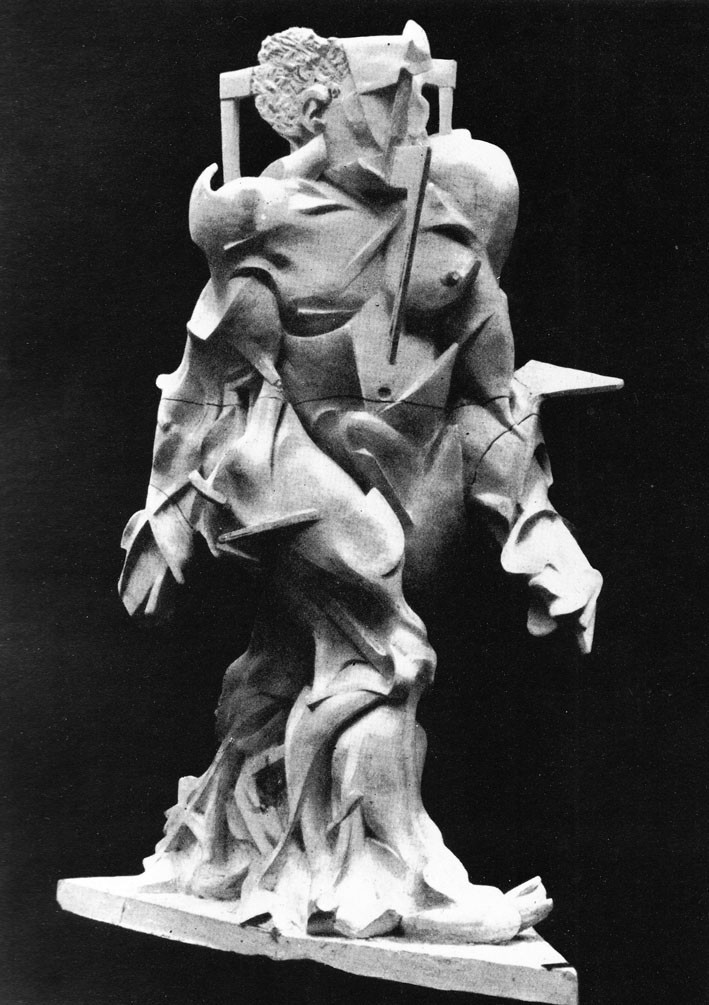 My sister and I used to have picnics in our family garden and study Greek Mythology.
My sister and I used to have picnics in our family garden and study Greek Mythology.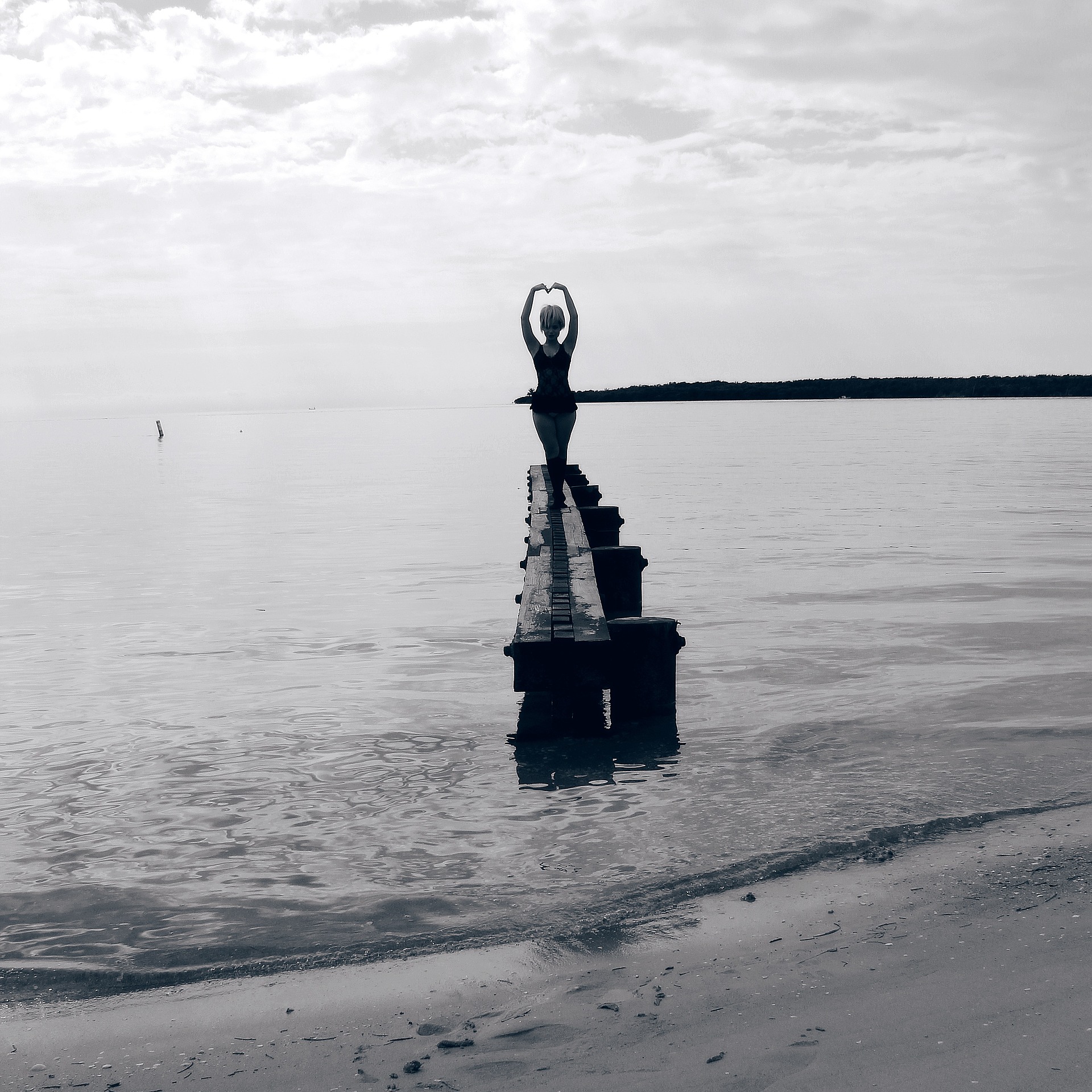 A big bank just released a campaign with the following line, “A ballerina yesterday. An engineer today. Let’s get them ready for tomorrow.” When I saw it, a chuckle snuck out before I could muster up the will to be outraged. And I should be outraged. I should be offended and threaten to pull my patronage, at least, that’s what the dancers that make up a bulk of my Facebook newsfeed tell me. This advertisement is just one more national campaign that invalidates the important contribution artists make to society and discourages young people from careers in the arts, or whatever.
A big bank just released a campaign with the following line, “A ballerina yesterday. An engineer today. Let’s get them ready for tomorrow.” When I saw it, a chuckle snuck out before I could muster up the will to be outraged. And I should be outraged. I should be offended and threaten to pull my patronage, at least, that’s what the dancers that make up a bulk of my Facebook newsfeed tell me. This advertisement is just one more national campaign that invalidates the important contribution artists make to society and discourages young people from careers in the arts, or whatever.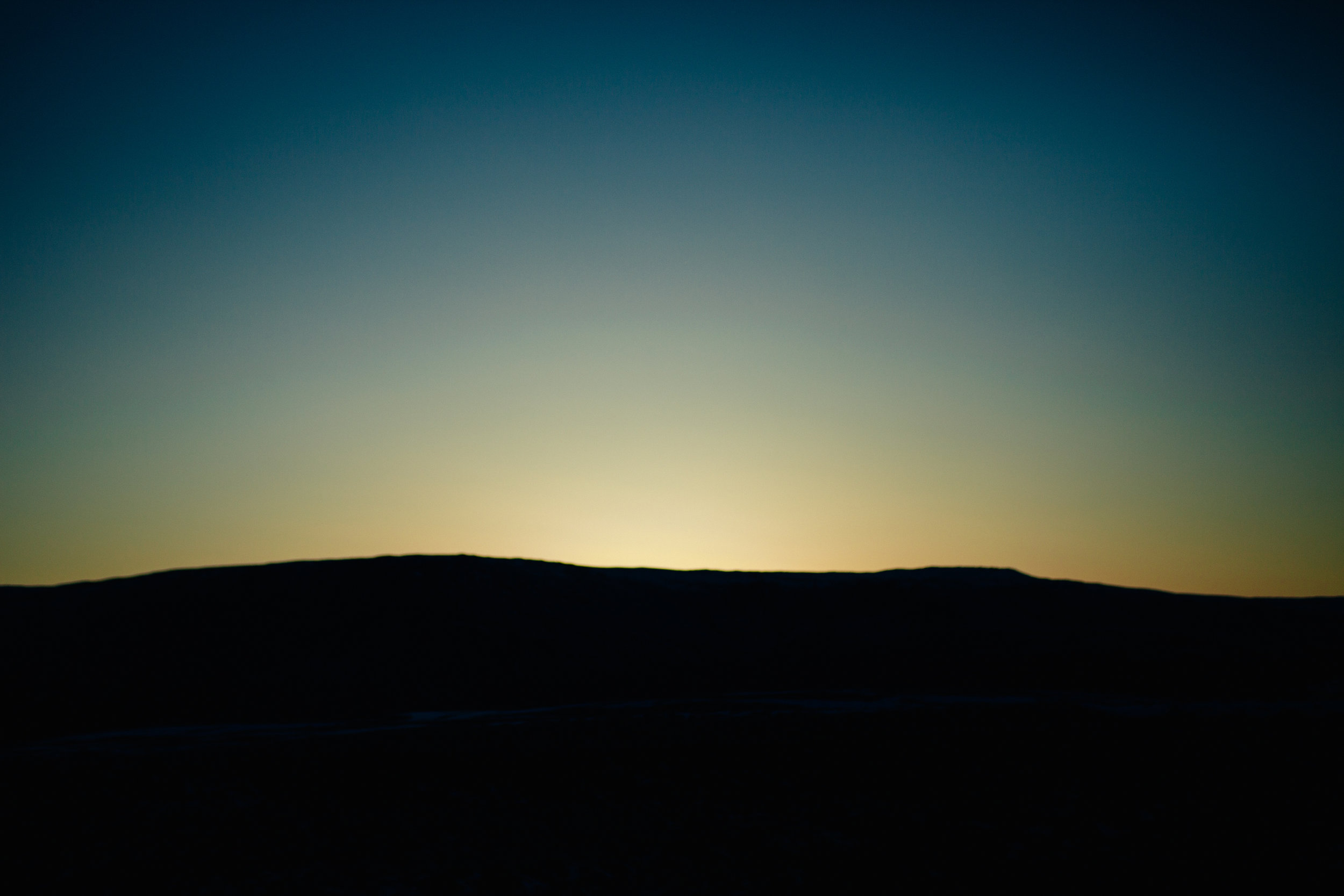 The sun is snuggled still sleeping behind the mountains. He pulls their snowy peaks over his head and indulges in another hour of sleep. Not me, though. I’m awake. I’m out in public. I am caffeinated and somewhat functional. I am not necessarily in a bad mood. It's just a morning one. I am working the opening shift at the cafe. The sky is still dark.
The sun is snuggled still sleeping behind the mountains. He pulls their snowy peaks over his head and indulges in another hour of sleep. Not me, though. I’m awake. I’m out in public. I am caffeinated and somewhat functional. I am not necessarily in a bad mood. It's just a morning one. I am working the opening shift at the cafe. The sky is still dark.
![Photo by Sara Reid - Flick [CC BY-SA 2.0 (http://creativecommons.org/licenses/by-sa/2.0)], via Wikimedia Commons](http://static1.squarespace.com/static/5898e29c725e25e7132d5a5a/58aa11bc9656ca13c4524c68/58aa12179656ca13c4525dcd/1487540759619/3599597595_1d64cae554_z.jpg?format=original)
 The story was told to me with flannelgraph figures that effortlessly hopped from one point on flannel to the next. Abraham figured that it was time to find a wife for his son, so he sent his servant back to the old neighborhood to find a wife who had home-training similar to his own son’s. The servant prayed that the right girl for his master’s son would make herself known by giving water to him, his team and all of their camels. The servant made several turns that led him to Rebekah. He asked her for a drink water, and she gave it to him, and offered to get water for his team and their camels until they weren’t thirsty. This was a story about asking God for help with big decisions.
The story was told to me with flannelgraph figures that effortlessly hopped from one point on flannel to the next. Abraham figured that it was time to find a wife for his son, so he sent his servant back to the old neighborhood to find a wife who had home-training similar to his own son’s. The servant prayed that the right girl for his master’s son would make herself known by giving water to him, his team and all of their camels. The servant made several turns that led him to Rebekah. He asked her for a drink water, and she gave it to him, and offered to get water for his team and their camels until they weren’t thirsty. This was a story about asking God for help with big decisions.

